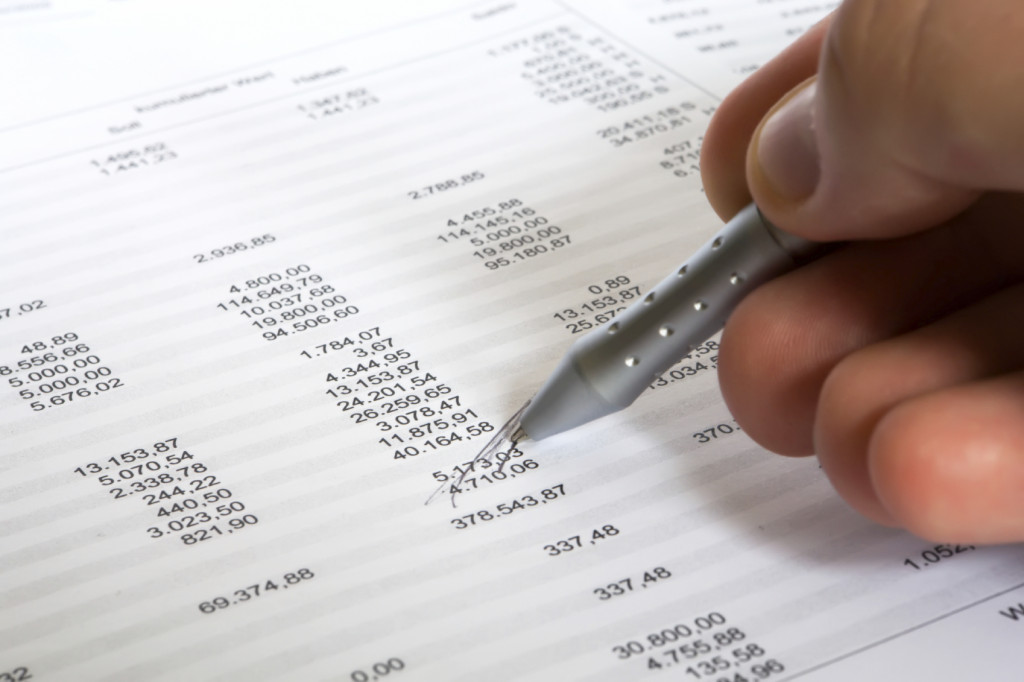
Whether or not you intend to sell your business any time soon, you know that you will be better off financially and in other ways if you have an accurate idea of what your business is worth. This can be a daunting task as there are so many different factors involved.
The following sections will give you advice on how to simplify the steps involved to give you a good indication of your businesses value, so you know where you stand.
Defining value
Defining just what is meant by “value” can be a challenge in itself as there are so many definitions and concepts thereof. According to Webster’s Dictionary, the word can mean either:
- a fair return or equivalent in goods, services or money for something exchanged, or
- the monetary worth of something, i.e. its marketable price
Business professionals also speak of “standards of value” which describe the worth of something in a particular context. Thus we can speak of fair market value, investment value, fair value and other specialized standards such as marital value.
On the books
Every company keeps accounting and financial records of the businesses profit and loss statements, expenses, wages, etc.
The owner’s capital account in a proprietorship, the partner’s capital accounts in a partnership or the “Capital Stock” account in a corporation, contains the amount that in principle can be used to indicate the net worth of the business.
According to the principles by which a balance sheet operates, that figure is the difference between the company’s total assets and its liabilities – in other words, the amount of assets not owed to any other individual or company.
Beyond accounting

To value your business more accurately, you will have to go beyond what is recorded in the books. There are several methods that you can use, of which three are:
- the asset valuation method
- comparison with other, similar companies
- the capitalization rate method
The asset valuation method uses the information that relates to the tangible assets of a company used to generate sales revenue. The total market value for these assets is an excellent measure of the value of the company.
Another valuation method is to compare the performance of your company against others in the same or a related sector of the market. The differences, however, can often be accounted for by non-operational factors. For this reason, this method should be regarded as the one that is most vulnerable to error.
The capitalization rate approach is yet another, more accurate form of business valuation. It is also one of the simplest – all you have to do is divide your company’s annual net income by the total value of all the assets. This includes both current assets like cash, supplies and prepaid insurance, and plant assets such as land, building and equipment.
The result will be an accurate measure of company worth in relation to your income performance.
Hiring a professional
It is often advisable to enlist the aid of a professional consultant to help you in assessing the value of your business. Such a person may often be an expert in a particular industry and can use tried and true methods of calculating the worth of a company.
Conclusion
One of the reasons why it is so imperative that you get an accurate assessment of your business’s net worth is that failure to do so can result in you conducting business with information that is not merely inaccurate but downright false.
Doing so could cause the business to go flat because of a move that would not have been made had you had the right information.
You must therefore take the time to value your business using the method that is right for you and save yourself some time in trying to get “back on your feet”.
It will also be useful in cases of litigation or if you are seeking to gift shares of stock to your family.